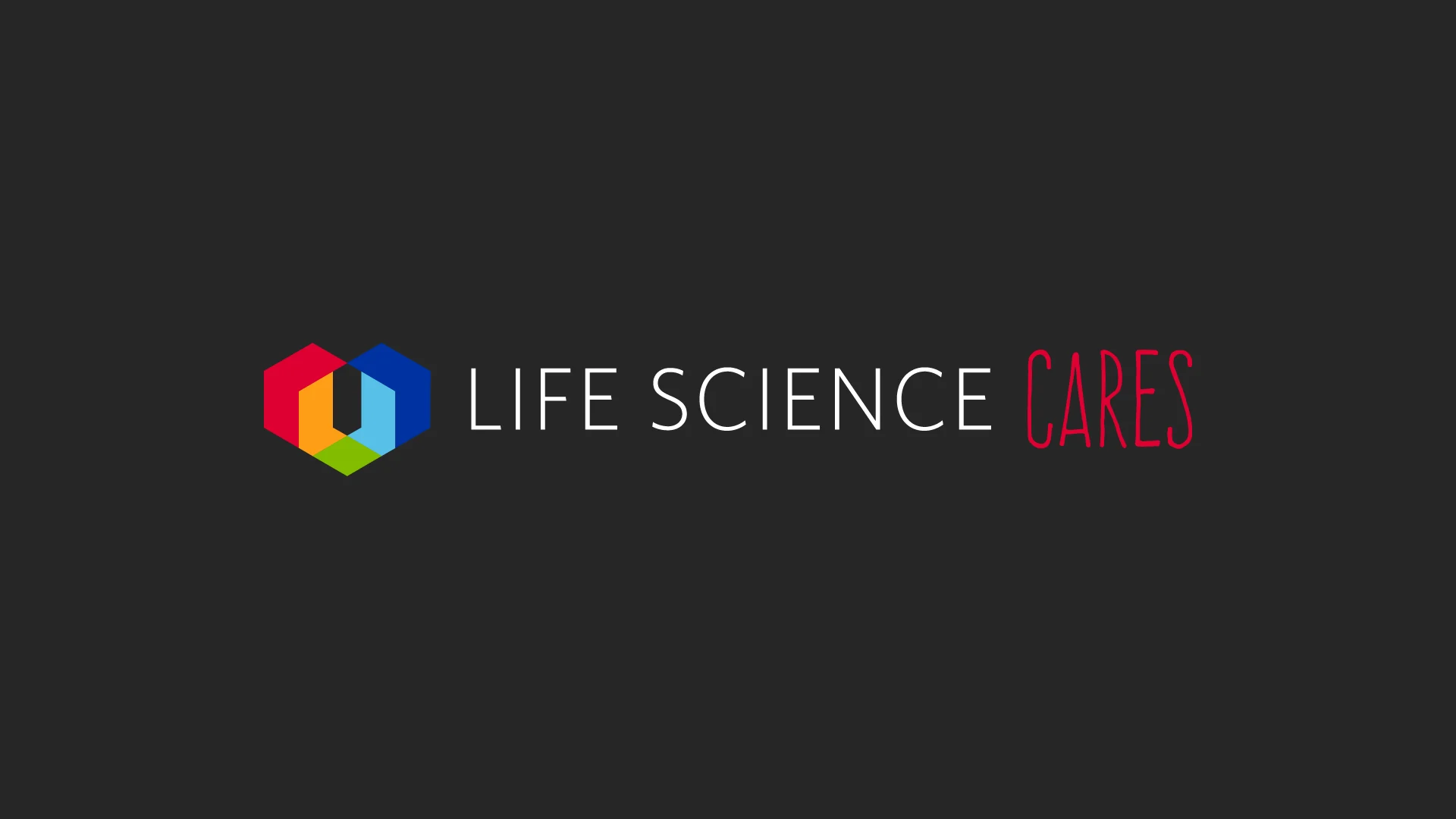
Overview
Life Science Cares helps companies without corporate social responsibility infrastructures collaborative to make positive impacts on communities important to them.
Affiliates now in Boston, New York City, Philadelphia, San Diego and the San Francisco Bay Area
New diagnostics and therapeutics are only as valuable as their ability to reach the communities they were created to serve. In many areas of the United States, people may be more concerned about where their next meal is coming from, where they're going to live and how to get a good education for their kids than they are about their healthcare.
To reduce the impact of poverty and inequity in U.S. cities, biotech companies collaborated to establish Life Science Cares, which recently launched a New York City affiliate led by Elizabeth Fassberg, MPH, Executive Director. The organization has four other affiliates in Boston, Philadelphia, San Diego and the San Francisco Bay Area.
"We're really starting at the basic level of hunger, housing and education — things that ultimately form the framework for a successful healthcare operating market," said R. Nolan Townsend, MBA, CEO of Lexeo Therapeutics and a member of the Life Science Cares board. "If people don't have homes, they may not have food. These things are more basic needs than the therapies that many biotech companies are developing. So it's critical for our industry to play a role in that."
The idea behind Life Science Cares is to bring small and mid-sized companies together to have a larger impact on poverty. Each company does not need to have their own corporate social responsibility infrastructure. Life Science Cares gives them an opportunity to collaboratively make an impact on communities that are important to them.
Biotech companies "have amazing people who are developing drugs. And if they're smart enough to do that, they're smart enough to address poverty. They can work together as a community and really do something that's impactful," said Fassberg, whose background is in public health and nutrition.
During its inaugural year, Life Science Cares New York chose to focus on education and its impact on poverty by supporting two local organizations — BioBus and HYPOTHEkids — to improve STEM education and provide opportunities for future careers in the life sciences.
Fassberg explained that other affiliates have prepared meals, decorated shelters, repurposed technology and mentored young people in their communities. They have been involved in food security, domestic violence and prison justice programs.
Townsend outlined ways in which biotech companies could get involved in Life Science Cares, including:
Joining the board of advisors, an opportunity for C-Suite level executives.
Joining the Council of Champions, a chance for non C-Suite colleagues to help Life Science Cares define its goals and choose which community organizations to help.
Participating in Project On Ramp, a program that links individuals from underrepresented communities with internships in life sciences companies.
Engaging in corporate partnerships to organize volunteer days or other events.
"Life Science Cares has a real understanding of community needs and works with nonprofits to fight poverty and inequities because they, along with community members, know what's best," Fassberg noted. "As an organization, we can come in and offer financial support and human capital. These programs help build important relationships and trust so we have a lasting impact."








